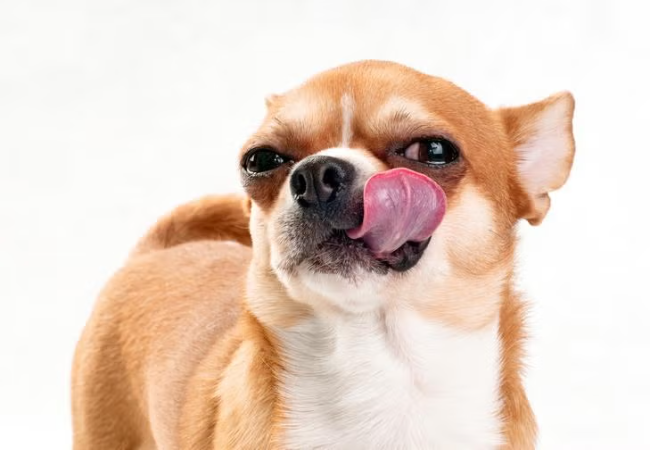Vet Approved Guide: Why Dogs Lick Human Wounds & What It Means 2025 🐶🐾

In this article
Vet-Approved Guide: Why Dogs Lick Human Wounds & What It Means 2025 🐶🐾
By Dr. Duncan Houston BVSc
It's a familiar scene for many dog owners: you sustain a minor cut or scrape, and your canine companion promptly attempts to lick the wound. While this behavior might seem endearing or even helpful, it's essential to understand the motivations behind it and the potential implications for both you and your pet. Let's delve into the veterinarian-approved reasons why dogs lick human wounds and why it's advisable to gently discourage this behavior. 🛡️
🔍 Understanding the Behavior: Why Do Dogs Lick Human Wounds?
1. Instinctual Healing Behavior
Dogs, like many mammals, have an instinct to lick wounds. This behavior is rooted in their evolutionary history, where licking served to clean wounds and promote healing. When your dog licks your wound, they're extending this instinctual care to you, whom they consider part of their pack.
2. Affection and Empathy
Licking is also a sign of affection and empathy. Dogs often lick their owners to show love and concern. When they notice you're injured, licking the wound can be their way of comforting you.
3. Attraction to the Taste
Human wounds can have a salty taste due to sweat and blood, which some dogs find appealing. This sensory attraction can prompt them to lick the area.
⚠️ Potential Risks: Why You Should Discourage This Behavior
While the intentions behind the behavior are benign, allowing your dog to lick your wounds can pose health risks:
- Infection Risk: Dog saliva contains bacteria that can lead to infections if introduced into open wounds.
- Delayed Healing: The mechanical action of licking can reopen wounds or cause further irritation, delaying the healing process.
- Transmission of Diseases: In rare cases, bacteria from a dog's mouth can cause severe infections in humans, especially those with compromised immune systems.
🛠️ How to Gently Discourage Wound Licking
To protect both yourself and your dog, consider the following strategies:
- Cover Wounds: Use appropriate bandages to prevent access to the wound.
- Redirect Attention: Offer toys or treats to distract your dog when they attempt to lick your wound.
- Positive Reinforcement: Reward your dog for refraining from licking behavior.
- Training: Teach commands like "leave it" to deter unwanted licking.
📱 Enhance Your Pet's Well-being with These Tools
Consider leveraging these resources to support your dog's health and behavior:
- Ask A Vet: Access 24/7 veterinary advice for any concerns regarding your dog's health. 🩺
🎯 Final Thoughts
While your dog's inclination to lick your wounds stems from instinct and affection, it's essential to gently discourage this behavior to prevent potential health risks. By understanding the motivations behind the behavior and implementing appropriate strategies, you can ensure the well-being of both you and your canine companion. 🐾
For personalized advice and support, download the Ask A Vet app today. 📲🐶






